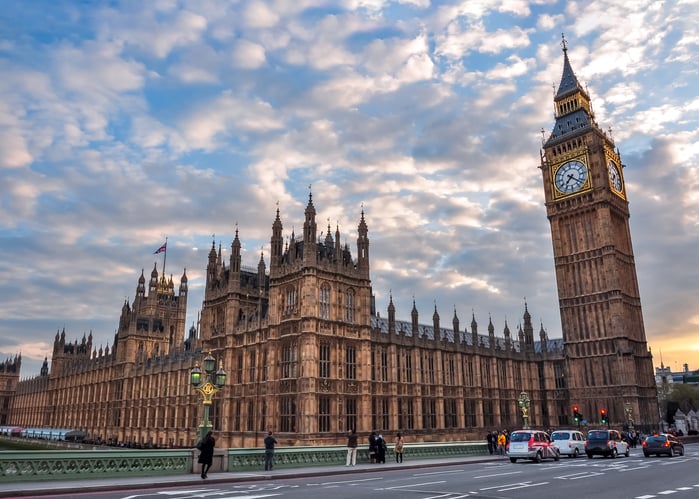
In order to effectively cope with and respond to the threat posed by the Covid-19 pandemic, the British government will propose a series of emergency laws to the House of Commons this week.
Known as the Coronavirus Bill, these changes in legislation are considered essential in supporting the government and public in their efforts to prevent the spread of the disease and ‘protect lives.’ Each clause will need to be activated individually by the governments in England, Scotland, Wales and Northern Ireland and can be disabled when no longer relevant. Intended to span two years at the most, the proposed legislation will be enforced depending on the threat of Coronavirus and the condition of and strain on public services.
Read on to find out about some of the key elements of the emergency Coronavirus Bill which aim to contain, delay, research and mitigate and fall under five key categories:
- Containing the virus and preventing its spread by minimising unnecessary social contact
- Relaxing legislative and regulatory procedures to allow more urgent care tasks to be prioritised
- Boosting the capacity and flexibility of staff across essential public services such as healthcare
- Helping councils and coroners cope with greater numbers of deceased
- Supporting individuals who are self-isolating or quarantining
In order to do so, the following legislative measures have been proposed:
- Police and immigration officers will be able to detain and quarantine individuals who are infectious but refuse to self-isolate to prevent the spread of the disease
- Border Force will be able to temporarily close ports, airports and other transport hubs and suspend operations if there are insufficient staff and resources to ensure border security and prevent spread of infection
- Recently-retired doctors and social workers will be registered as healthcare professionals without any impact on their pensions. Current medical students will also be added to the register in order to support the National Health Service and maximise healthcare available
- The government will have the right to restrict or ban events and mass gatherings to limit the spread of Covid-19
- A reduction in administrative paperwork will allow doctors to discharge patients more quickly, freeing up hospital space and allowing more patients to be treated
Judicial Commissioners will be authorised to issue arrest warrants under anti-terror law to protect the country - Schools and nurseries will be forced to close (or stay open) and maximum class sizes will be relaxed
There will be increased use of video technologies in courts so individuals can work from home, preventing the spread of viruses in courts, while also ensuring this does not disrupt the justice system
Individuals will receive statutory sick pay from day one of self-isolation even when they do not display and symptoms - Loosening of bureaucratic rules around funerals and cremations and allowing funeral directors to act on behalf of the family and register a death. Deaths can also be managed by local councils.
Food corporations will be required to offer information on food supply to ensure there are no food shortages - Employees can take ‘emergency volunteer leave’ of up to four weeks to allow them to care for patients and support the healthcare system. These volunteers will receive compensation to support their loss of earnings and expenses
- NHS staff will receive an insurance scheme to allow them to care for patients beyond their normal daily tasks and duties
- To explore the full list of legislative measures, you can find the government’s explanation of the Coronavirus Bill here.
Words: Siobhan Ali
Read More:
- The Commercial Effects of the Coronavirus Pandemic
- The Commercial Effects of the UK’s “Coronavirus Budget”
